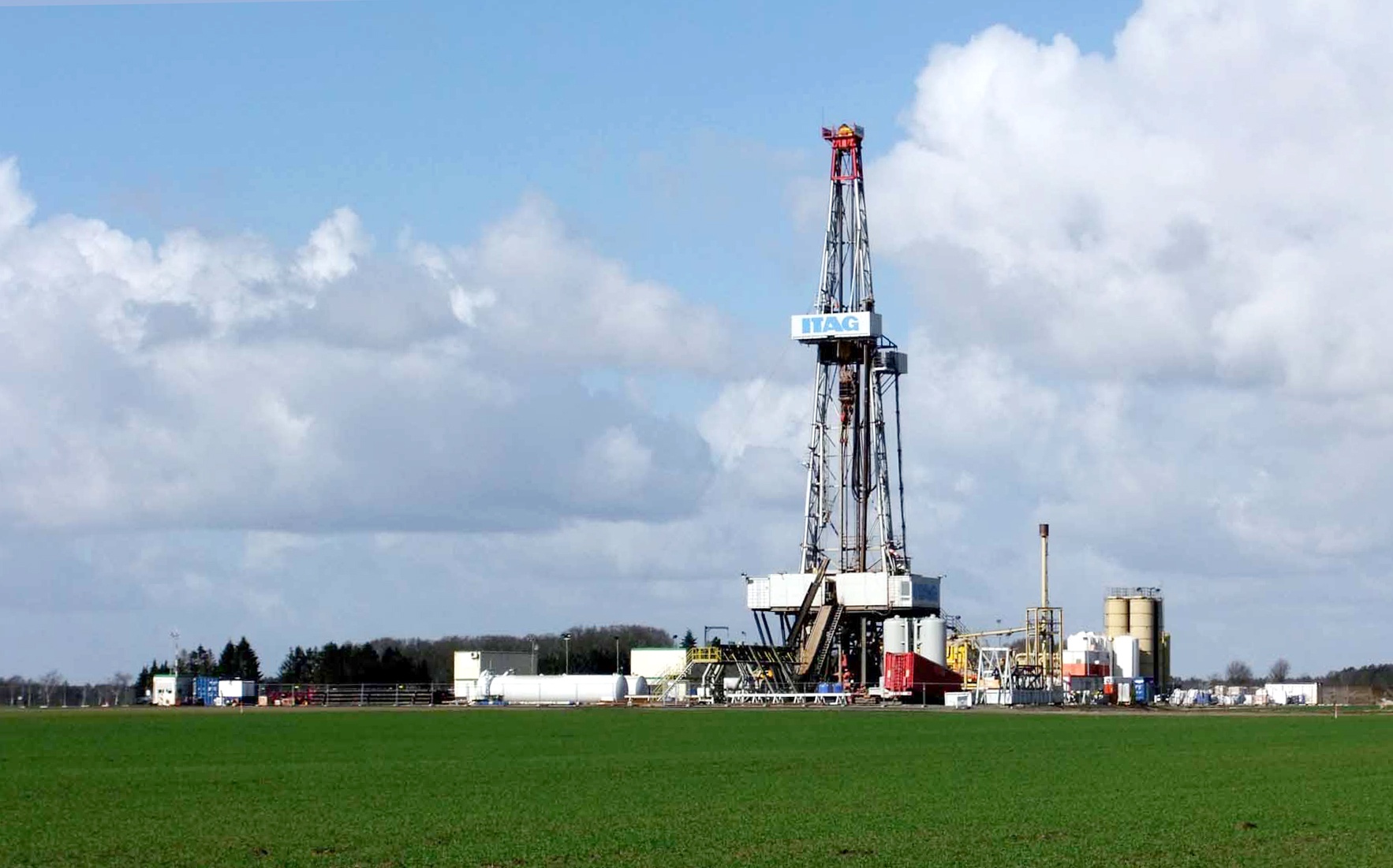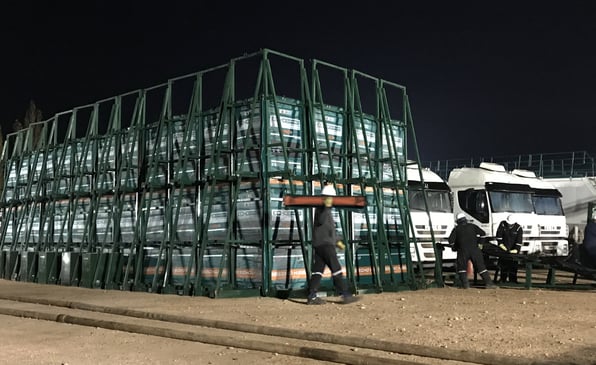
Fracking has been around for quite a while — since 1949 to be exact. However, it wasn't until more recently that U.S. engineers made fracking more economically viable.
While it isn't a new technique, the widespread use of it is something new and its practice needs to be critically examined to ensure that it is safe and environmentally sound.
Here are a few of the pros and cons of fracking, and what we can do to mitigate some of the issues surrounding it.
Pros of Fracking
-
More access to gas and oil
With fracking, we can drill deeper into the ground than we can with other extraction methods. This gives us more access to natural deposits and in turn, drives down the price of gasoline.
-
Less dependency on foreign oil
Oil and gas have traditionally been major bargaining chips in the geopolitical scene. Countries that rely heavily on imports to meet their energy needs are in a weaker position on the world stage.
-
Job creation
Fracking has created quite a number of new jobs. A study from the National Bureau of Economic Research claims that fracking created 4.6 million jobs between 2012 and 2014 alone.
![]()
Cons of Fracking
-
Water supply issues
There is concern that the fractures resulting from hydraulic fracturing could allow gas and fracking fluid to leak into local water supplies. Incidence is extremely rare, but those partaking in fracking should be conscious of the risk.
-
Noise concerns
Fracking noise is a major concern that isn't given as much attention as it warrants. Some of the noise is caused by the workers and equipment, and is only a temporary concern, but fracking also leaves behind compressor stations that can be a source of noise pollution for years.
The reason fracking noise deserves more attention is not only because it is frustrating for people who live near the worksite — but also because, according to a study from Science of The Total Environment, it can even harm human health.
-
Risk of seismic activity
It might sound strange, but there is some scientific evidence that connects fracking with seismic activity. However isn't the fracturing itself that is causing the tremors, but rather the disposal of the resulting wastewater. This process isn't unique to fracking, but a product of all types oil and gas wells.
Nowadays, the drawback of pervasive noise as a byproduct of hydraulic fracturing is being addressed.

Mitigating risk in fracking
To help make fracking a more viable venture, Echo Barrier builds patented technology into their temporary acoustic barriers to both diminish noise on fracking operations and convey a message of ethical responsibility, reducing the impact on surrounding communities and environments.

